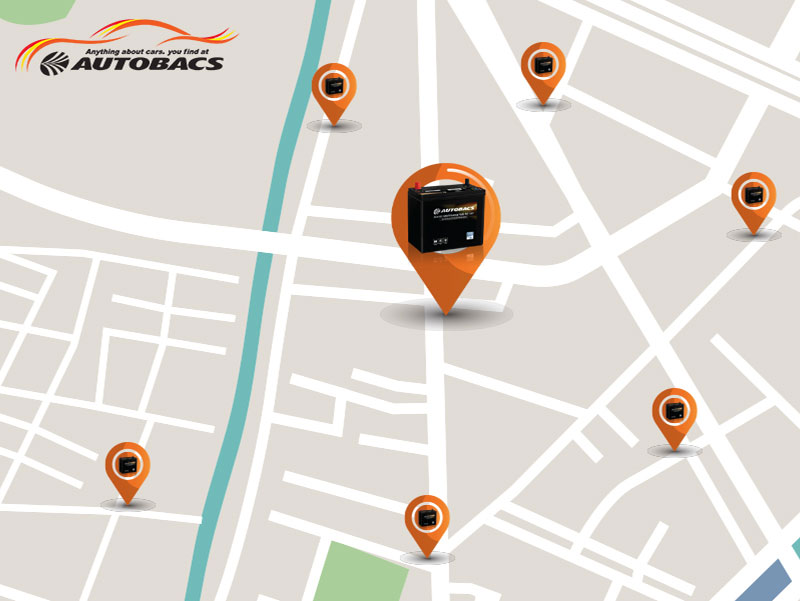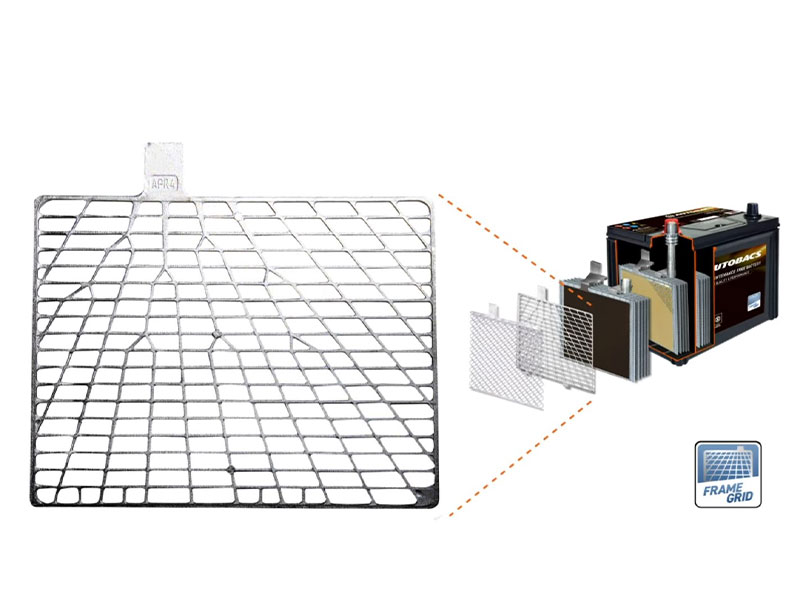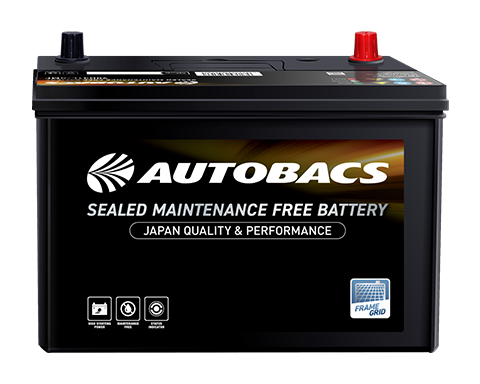Battery FAQs
Battery FAQs
Batteries can go flat for several reasons. Here are a few of the most common causes:
- Undercharging – occurs when the battery does not receive sufficient charge to bring the battery to a fully charged state. Undercharging can be caused by a defective alternator, loose or slipping alternator belt, defective battery cables or if the vehicle is used only occasionally for short distances.
- Lights left on – leaving the headlights, parking or interior lights on, or not closing the trunk properly can cause the battery to go flat overnight.
- Parasitic Drain – even after the engine is turned off and the car is not being used, the battery is required to maintain the vehicle’s various settings such as radio presets, GPS systems, clock, dash cam, alarms, engine immobilizers etc. This is known as parasitic drain and can flatten the battery if the car is not driven for a long period of time.
- Short trips/rarely driven – related to undercharging, if the vehicle is often used on short trips then the battery does not have enough time to recharge the energy lost to starting the engine. If the vehicle is only driven occasionally then the gradual internal discharge will eventually cause the battery to go flat.
- Wear & tear/old battery – as batteries get old, they lose the ability to hold a charge. Eventually, through normal ageing and repeated charge/discharge cycles, the battery will lose capacity and require replacement.
Regularly inspect your battery as part of your vehicles regular maintenance schedule to get the maximum life from your battery. Keep the battery clean and ensure the terminal are free from corrosion. With the engine off, check the battery voltage at least once every 3 months and recharge if the battery voltage drops below 12.45. Do not allow your battery to go completely flat or become deep discharged as this can cause battery sulphation that can permanently damage the battery. Do not use boost chargers to recharge a flat battery.
Lead-acid batteries generally last an average of 24 – 36 months however may last longer or shorter depending on the conditions. Factors that affect battery life include the climate where the vehicle is used, if the vehicle has a high parasitic drain when not in use, if the vehicle has a well maintained charging system, how many times the battery has been flattened, how often the vehicle is used and if the battery has been correctly installed. A battery used in a hot climate, in a vehicle used for only short & infrequent trips and has been allowed to go flat will have a shorter life. On the other hand, a battery used in a milder climate and in a well-maintained vehicle used for longer journeys will have a longer life.
Most batteries, including lead acid batteries, lose charge over time due to the chemical reaction that takes place inside the battery. The rate of this self-discharge is greater in hot climates or in areas of high humidity. The problem of self-discharge is made worse from parasitic draw when the vehicle is not driven for long periods of time.
Going for a drive will not fully recharge a flat battery. The drive may provide enough charge to start the engine, but it will not provide the charge required to bring a flat battery back to normal operating charge levels. The best way the recharge the battery is by using a good quality constant potential charger or a SMART charger to fully recharge the battery. The charge current should be rated at 10% of the battery`s Ah rating.
Always install the correct size and model battery that is recommended for your car. Installing a different battery to what is recommended can result in premature failure of the battery if it does not meet the required cranking amps to start the engine. Installing an incorrect size battery can also result in improper fitting of the hold-down brackets and result in height clearance issues that could cause short circuits, fire and/or explosion.
It is not recommended to drive a vehicle with an unsecured battery. The battery can move around and damage the cables, terminals and other parts of the engine. Sudden braking or bumpy roads can cause the battery terminals to short out against the underside of the hood that could start a fire or cause the battery to explode. An unsecured battery will have a shorter life due to being subject to increased vibration and shock.

Find Your Closest AUTOBACS Battery Store.
Contact your nearest Autobacs Car Battery retailer for assistance and pricing.

Frame Grid Inside
Calcium alloy cast grid thicker and heavier than expanded mesh. Frame Grid equals more performance in every plate.


